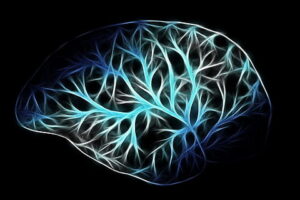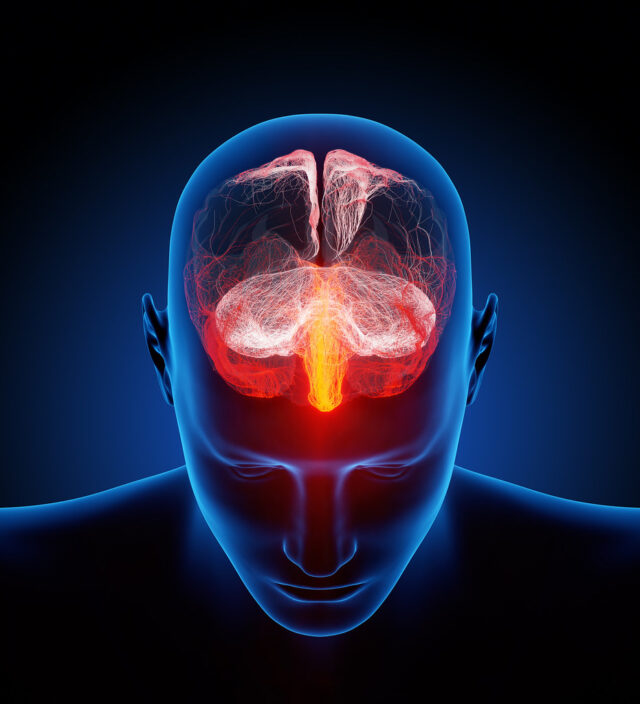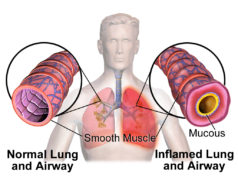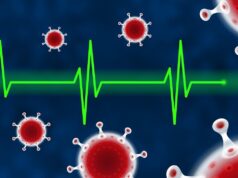The mind and nerves are fundamental parts of the human sensory system, answerable for organizing and controlling different physical processes, as well as working with correspondence between various pieces of the body.

The mind is the focal organ of the sensory system and is situated inside the skull. It assumes an essential part in controlling and organizing practically all substantial exercises. It gets and deciphers tangible data from the climate, starts deliberate developments, processes contemplations and feelings, and directs fundamental capabilities like breathing, pulse, and temperature.
The mind comprises various areas that have explicit capabilities. The cerebral cortex, which is the external layer of the mind, is answerable for higher mental capabilities like reasoning, memory, insight, and language. The cerebellum is associated with planning developments, equilibrium, and stance. The brainstem associates the mind with the spinal string and is answerable for controlling fundamental capabilities like breathing, pulse, and circulatory strain.
Nerves are long, link-like designs that send signals between the mind, spinal string, and the remainder of the body. They structure the fringe sensory system, which is partitioned into the substantial and autonomic sensory systems. The substantial sensory system controls willful developments and sends tactile data from the body to the mind. The autonomic sensory system controls compulsory capabilities, for example, pulse, processing, and glandular discharge.

Nerves are made out of specific cells called neurons. Neurons send electrical motivations and speak with one another through neurotransmitters, which are the intersections between neurons. These driving forces travel along the nerve strands, permitting data to be sent quickly all through the body.
Harm or brokenness of the mind or nerves can bring about different neurological problems and conditions, like stroke, epilepsy, Alzheimer’s infection, Parkinson’s sickness, various sclerosis, and fringe neuropathy. Clinical experts who have practical experience in the determination and treatment of these circumstances are called nervous system specialists.











